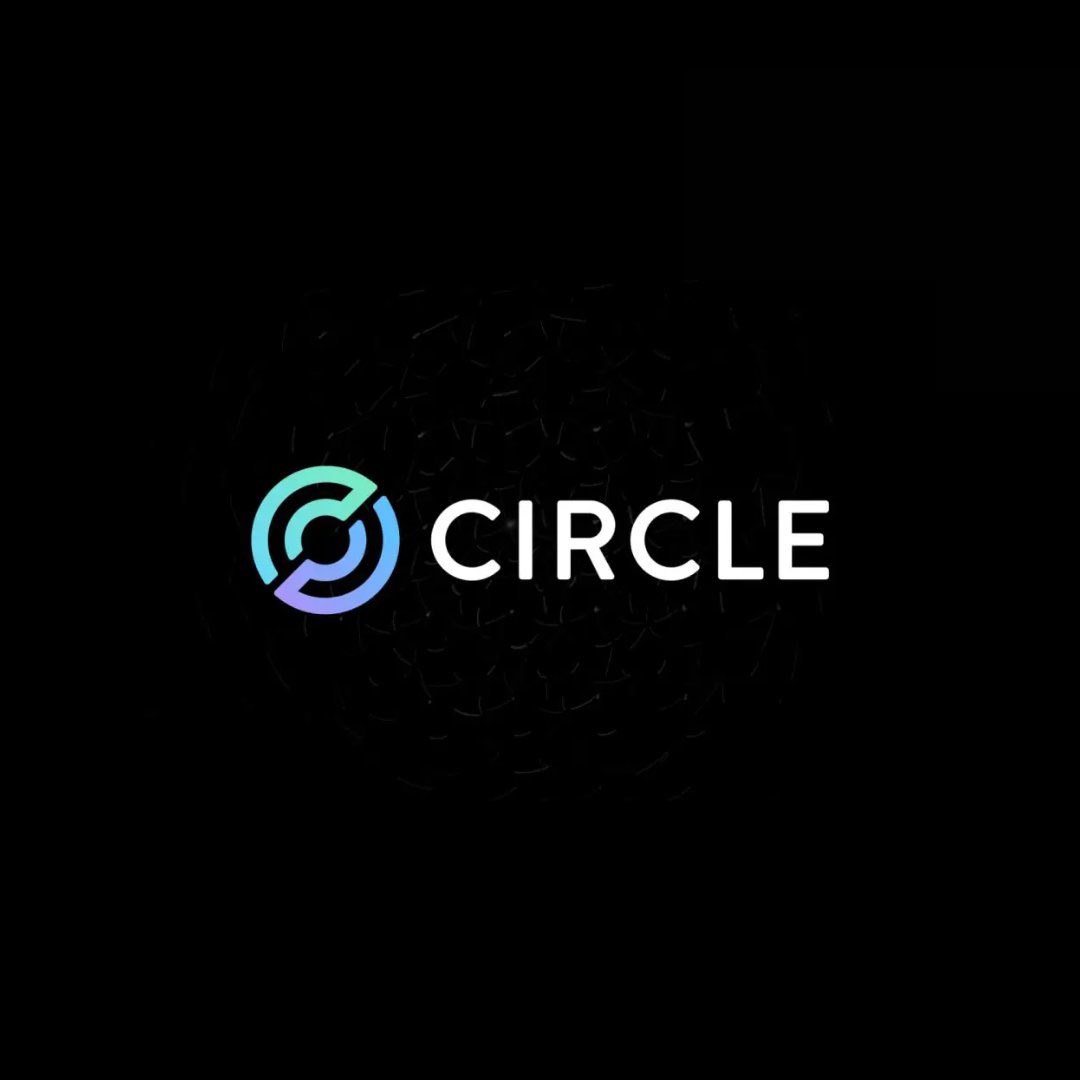
Major crypto firms including Circle, Ripple, and BitGo have formally applied for national trust bank charters in the U.S., signaling a strategic push to align more closely with traditional financial infrastructure.
Author: Sahil Thakur
Published On: Tue, 15 Jul 2025 07:48:52 GMT
In a landmark shift for the digital asset industry, major crypto firms including Circle, Ripple, and BitGo have formally applied for national trust bank charters in the U.S., signaling a strategic push to align more closely with traditional financial infrastructure and regulatory oversight.
The move, led by Circle (NASDAQ: CRCL) shortly after its IPO, reflects the growing importance of credibility, custody capabilities, and institutional-grade compliance in an industry increasingly seeking legitimacy in the eyes of regulators and traditional finance.’
Circle’s application to the Office of the Comptroller of the Currency (OCC) proposes the creation of what it calls the “First National Digital Currency Bank.” This federally regulated entity would enable Circle to directly custody the cash and asset reserves backing its USDC stablecoin — removing reliance on intermediaries like BNY Mellon and BlackRock.
Unlike traditional banks, national trust banks do not take deposits or issue loans. However, they can custody digital and fiat assets, manage client funds, and offer financial services under federal oversight. For Circle, the benefits go beyond operational efficiency: the charter would allow it to vertically integrate reserve custody, fund management, and financial product development, creating a streamlined infrastructure fully under its control.
This vertical integration is increasingly viewed as essential for digital currency firms aiming to serve institutional clients. Regulatory clarity and self-sufficiency in asset management are now competitive advantages, not luxuries.
Not long after Circle’s announcement, Ripple applied for its own national trust bank charter and a Federal Reserve master account, a move that would enable the company to hold stablecoin reserves and operate real-time settlement infrastructure with central bank access. BitGo, another major player in crypto custody, has also filed for a national charter.
These applications coincide with a friendlier legislative environment. Bills like the GENIUS Act are helping to establish regulatory pathways for stablecoin issuance and custody, opening doors for licensed institutions to serve as stablecoin operators under federal oversight.
The endgame is clear: to become the backbone of regulated crypto finance for institutional players.
Large financial institutions — which manage trillions in capital — have been hesitant to engage with crypto due to inconsistent regulation and the absence of federally recognized service providers. With national trust bank licenses, companies like Circle and Ripple position themselves to become turnkey infrastructure providers to banks, asset managers, and fintechs looking to integrate digital assets into their offerings without building systems from scratch.
Being regulated by the OCC (and the SEC, in Circle’s case due to its public listing) also satisfies institutional requirements around counterparty risk and compliance — hurdles that many crypto-native firms still struggle to overcome.
If these charters are approved, the implications are wide-reaching. A federally regulated digital asset bank would accelerate adoption of stablecoins in real-world financial applications like tokenized securities, programmable payments, and on-chain treasury management. It would also establish a new regulatory template — encouraging other crypto firms to pursue similar licenses to stay competitive.
This movement marks a clear shift in industry priorities. The focus is no longer just innovation, but integration — embedding crypto infrastructure into the existing financial system under the umbrella of formal oversight.
And as capital begins to flow through regulated pipelines, the firms that act first will likely secure the largest share of institutional partnerships, assets, and trust.
CBDC ban & digital asset framework directive from President Trump.
Banks allowed to offer crypto custody and stablecoin services.
House and Senate discuss crypto payments & CBDCs.
SEC launches talks on DeFi, trading, and tokenization.
Clarifies banks can trade crypto & outsource custody services.
Coinbase sues Oregon; banking regulators clarify safekeeping rules.
Real voices. Real reactions.
⚡️ INSIGHT: Circle has filed an application with the OCC to establish America's first digital currency bank which would focus on USDC trust functions, reserves management, and institutional custody services rather than traditional banking. https://t.co/CVUXYKjbP8


⚡️ INSIGHT: Circle has filed with the OCC to launch the first U.S. digital currency bank, focusing on USDC trust, reserves management, and institutional custody—not traditional banking. #Circle #USDC #CryptoBank #DigitalDollar #Stablecoins #Fintech https://t.co/LBSlE2lHtg


Our Crypto Talk is committed to unbiased, transparent, and true reporting to the best of our knowledge. This news article aims to provide accurate information in a timely manner. However, we advise the readers to verify facts independently and consult a professional before making any decisions based on the content since our sources could be wrong too. Check our Terms and conditions for more info.


LUNC Listed on Aster Perpetuals Amid Do Kwon Drama
Sony to Launch USD Stablecoin for PlayStation and Anime Payments in 2026
Stable Mainnet Launch Brings USDT-Native Settlement
AFI Protocol rwaUSDi Launches $20M Verified RWA Vault
LUNC Listed on Aster Perpetuals Amid Do Kwon Drama
Sony to Launch USD Stablecoin for PlayStation and Anime Payments in 2026
Stable Mainnet Launch Brings USDT-Native Settlement
AFI Protocol rwaUSDi Launches $20M Verified RWA Vault